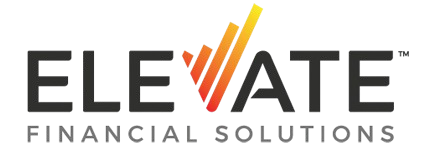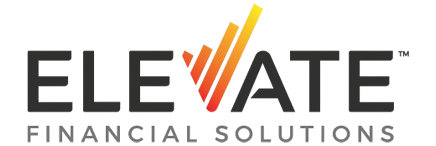March 20, 2025
How to Improve Your Chances of Getting a Self-employed Mortgage
Home / How to Improve Your...
Author

Tom
Founder & Managing Director
Tom founded Elevate Financial Solutions in 2012 with a clear vision: to create a mortgage brokers where exceptional service is at...
The below blog has information contained within was correct at the time of publication but is subject to change.
But fear not - with some strategic planning and preparation, you can significantly boost your chances of getting that all-important green light from lenders.
Prepare your financial records
Lenders need reassurance that you can afford your mortgage repayments, and solid financial documentation is your best evidence. Most mortgage providers require:
- At least two years of certified accounts (though some may consider one year)
- SA302 tax calculations and tax year overviews from HMRC
- Bank statements showing regular income and spending patterns
Ensure all your records are up-to-date, accurate and professionally prepared by an accountant. This demonstrates financial responsibility and provides lenders with clear insight into your income stability.
Maximise your declared income
Many self-employed people minimise their taxable income - perfectly legal, but potentially problematic when mortgage hunting. In the years leading up to your application, consider declaring more income. Yes, your tax bill will increase, but so will your borrowing potential. Remember: mortgage lenders calculate affordability based on what you declare, not what you actually earn.
Maintain a healthy credit score
Your credit history is scrutinised even more carefully when you're self-employed. Take these steps to ensure yours is spotless:
- Register on the electoral roll at your current address
- Pay all bills and credit commitments on time
- Reduce existing debt before applying
- Check your credit report and correct any errors
- Avoid multiple credit applications in the months before your mortgage application
Save for a substantial deposit
A larger deposit significantly improves your position. While first-time buyers might get away with 5-10%, self-employed applicants should aim for at least 15-20% if possible. This reduces the lender's risk and could secure you more advantageous interest rates.
Consider a specialist mortgage broker
High street banks often use rigid criteria that don't favour self-employed applicants. A specialist mortgage broker understands the nuances of self-employed income and can connect you with lenders who take a more flexible approach to assessment. They'll know which lenders might consider retained profits and dividends or use different calculation methods for your specific business structure.
Time your application wisely
If your business shows growth, wait until your latest accounts reflect this positive trend before applying. Conversely, if you've had a particularly challenging year, consider whether waiting for more favourable figures might be worthwhile.
Be transparent about your business
Lenders appreciate honesty. Be prepared to explain any fluctuations in your income, future business prospects, and how you've weathered previous economic challenges. This narrative can provide context that raw numbers alone cannot convey.
By following these strategies, you'll present yourself as a reliable, financially stable applicant - regardless of your employment status. The self-employed route to mortgage approval may require extra preparation, but with the right approach, and advice from a professional, your dream home could be well within reach.

